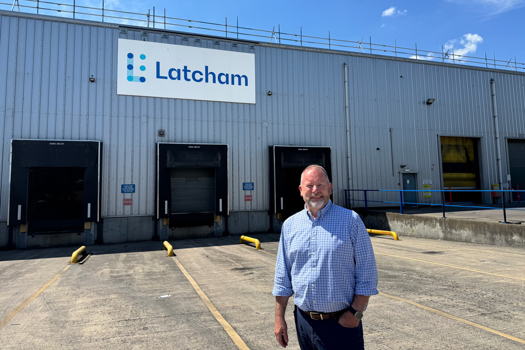The new legislation, announced by prime minister Rishi Sunak during a school visit on Tuesday (29 January), is aimed at tackling the rise in vaping among teenagers and children.
Sunak said: “As any parent or teacher knows, one of the most worrying trends at the moment is the rise in vaping among children, and so we must act before it becomes endemic.
“I am taking bold action to ban disposable vapes - which have driven the rise in youth vaping - and bring forward new powers to restrict vape flavours, introduce plain packaging and change how vapes are displayed in shops.”
The youth market for vape products has exploded in recent years despite legislation forbidding their sale to under-18s.
Disposable vapes, often marketed in bright packaging with high levels of embellishment, have become particularly popular, according to stats from charity Action on Smoking and Health (ASH).
In 2021, just 7.7% of vapers aged 11 to 17 used disposable vapes: by 2022, this had shot up to 52%; by 2023, the figure was 69%.
Around a fifth (20.5%) of children in that age group vaped in 2023.
While the vast majority of disposable vapes are manufactured abroad, the new powers to introduce plain packaging and limit the display of vapes in shops has some UK manufacturers of reusable vapes worried, according to Matt Seaford, sales director at Midland Regional Printer (MRP).
He told Printweek that some of his clients – MRP prints several million reusable vape cartons each month – were frustrated to be lumped in with the disposable products flooding the market.
“It seems like the vaping industry is being blamed for shops selling [vapes] to children,” he said.
“It seems to be lost in the media, but it really is a smoking alternative: the whole point is to stop you from smoking cigarettes, and the evidence suggests that it is better for you than cigarettes.”
A display ban would be particularly harmful, Seaford suggested, as if both tobacco and vapes are hidden behind screens, name recognition will win out and smokers will ask for what they know, rather than face an awkward encounter at the till.
He said: “We all know Marlboro, Benson & Hedges – all of those tobacco companies. But if you don’t know the vape company, you have to pluck up the courage to say ‘What vapes do you have?’”
Health minister Andrea Leadsom, however, said the legislation would help reorient the vaping market towards adult smokers looking to quit.
She said: “We are in the midst of a worrying rise in young people vaping. I want to stop youth vaping in its tracks - and a ban on disposable vapes is central to that.
“Nicotine is highly addictive - and so it is completely unacceptable that children are getting their hands on these products, many of which are undeniably designed to appeal to young people.
“Along with tougher enforcement measures, we are making sure vapes are aimed at the people they were designed to help - adults who are quitting smoking.”
Whatever the regulations, however, Seaford said that it would help clients – some of whom the firm has been working with for 10 years – comply.
“We’ll keep moving with the times. We keep close to the industry, and talk to customers [frequently],” he added.







